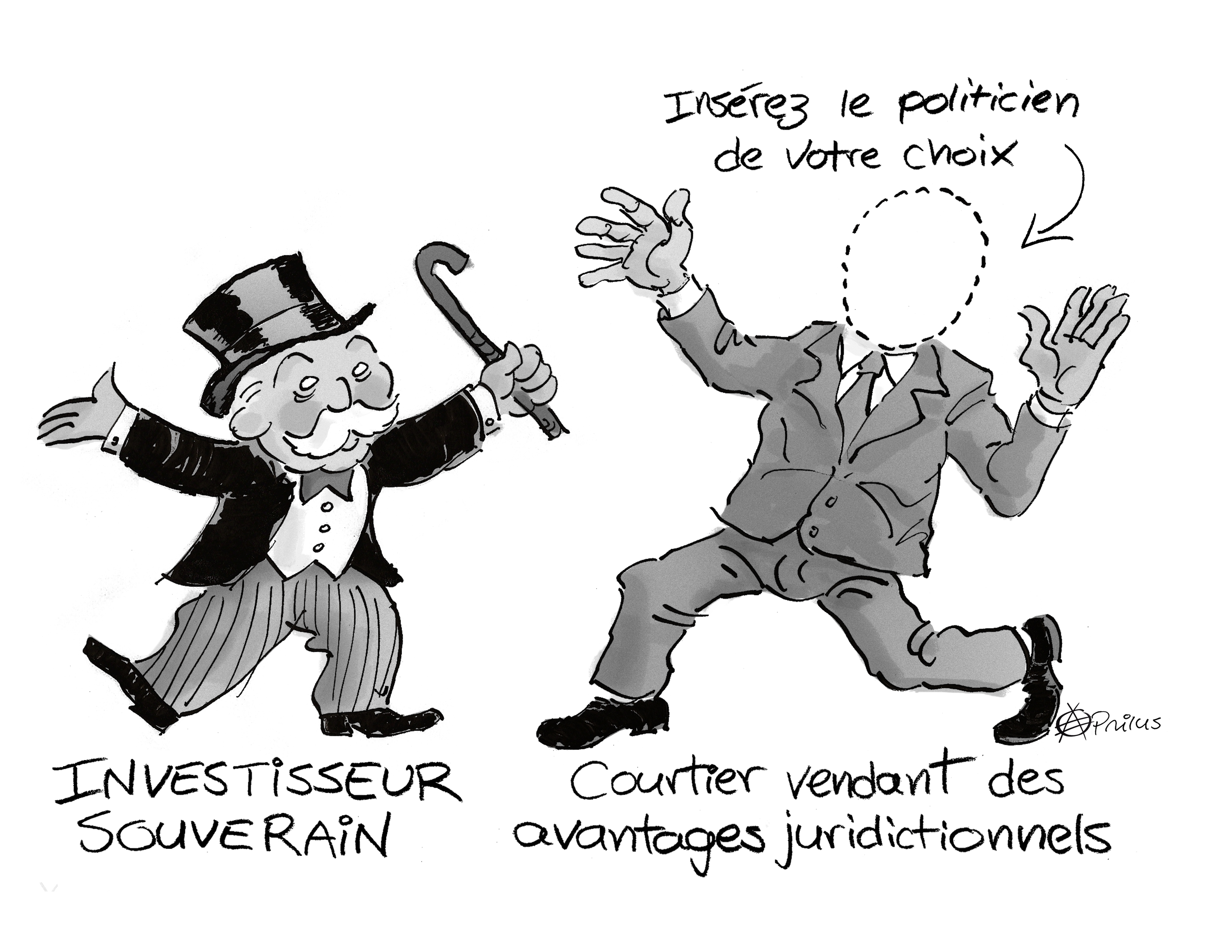

His research career has been centered around the design of algorithms, together with work on complexity theory, cryptography, game theory and mathematical economics. Berkeley in 1983, and is currently Professor of Computer Science at Georgia Tech. Vijay Vazirani got his Bachelor’s degree from MIT in 1979, his Ph.D. (Based in part on recent work with Mihalis Yannakakis.) We will discuss some ways of moving forward. It is now time to step backĪnd plan a fresh attack, using the powerful tools of modern complexity theory and algorithms.Īfter providing a summary of key developments through the ages and a gist of the recent results, However, it did mark the end of the road for the current approach. The question of algorithmic ratification was taken up in the earnest within theoretical computer scienceĪ decade ago, and attention soon gravitated on markets under piecewise-linear, concave utility functions.Īs it turned out, the recent resolution of this open problem did not yield the hoped-for mechanism Mathematical ratification came with the celebrated Arrow-Debreu Theorem (1954), whichĮstablished existence of equilibrium in a very general model of the economy however, an efficient mechanism for finding an equilibrium has remained elusive. Market equilibrium, and opened up the possibility of a formal ratification. Work of Walras (1874) gave a mathematical formulation for this statement, using his notion of With his treatise, The Wealth of Nations, 1776, Adam Smith initiated the field of economics,Īnd his famous quote provided this field with its central guiding principle. Promote an end which was no part of his intention.” Adam Smith, 1776. She claimed that it should be understood in the setting of the ‘bloody and Invisible Hand’ of Macbeth’s providence, or the ‘Invisible Hand’ which rebuffs and then hovers over the unfortunate hero of Voltaire’s Oedipe. That we expect our dinner, but from their regard for their own interest.”Įach participant in a competitive economy is “led by an invisible hand to

“It is not from the benevolence of the butcher, the brewer, or the baker,


 0 kommentar(er)
0 kommentar(er)
